Japan is like no other country in the world. It’s full of unique wonders, unforgettable experiences, and has a fascinating culture. Japan is often named one of the best countries in the world for solo travel. This makes it a popular destination for solo travellers, especially solo female travellers.
Japan is an amazing country for solo travel. It’s safe and full of incredible sights. However, with many cultural and language barriers, it can be an isolating experience
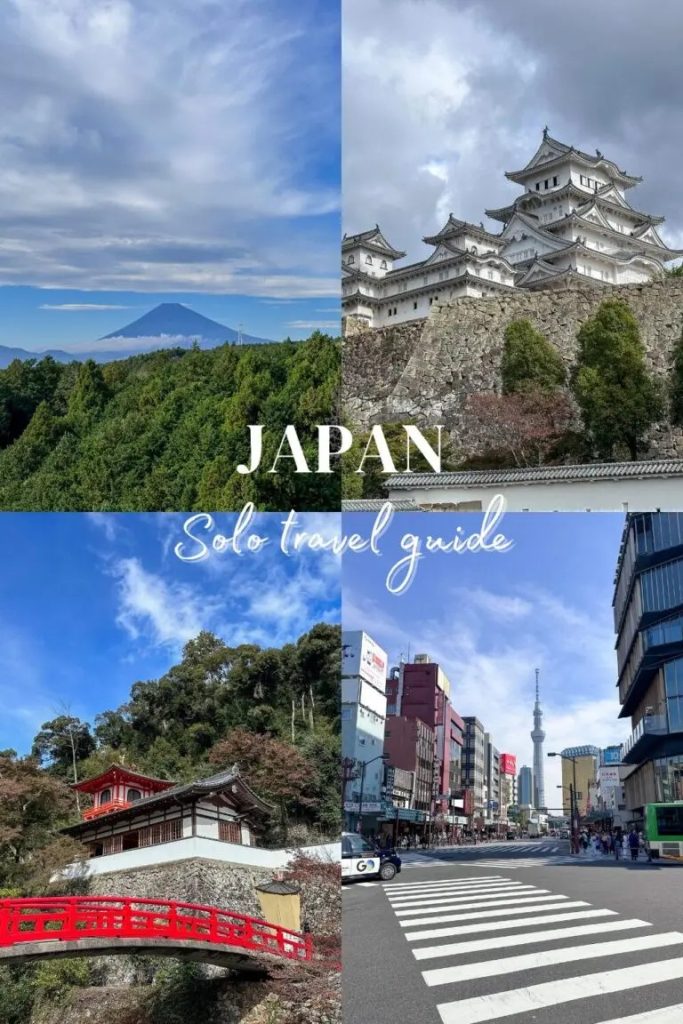
Japan is like no other country in the world. It’s full of unique wonders, unforgettable experiences, and has a fascinating culture. Japan is often named one of the best countries in the world for solo travel. This makes it a popular destination for solo travellers, especially solo female travellers.
Japan is safe for solo travel
When it comes to the safest countries for solo travel, it doesn’t get much better than Japan. According to the Global Peace Index, Japan is the 9th safest country in the world.
Serious crimes and petty crimes are infrequent occurrences in Japan. Many tourists happily walk around at night with no problems whatsoever. It’s even common for locals to leave their phones and laptops out in coffee shops while they go to the bathroom. Theft is that uncommon!
Of course, crime is always a possibility wherever you are in the world. While Japan might be on the safer side, it’s still important to be aware of your surroundings and not take any risks. This is especially true for solo female travellers.
The best way to get around Japan is by using its fantastic train system. Japan is renowned for having one of the best rail networks in the entire world. It can take a bit of getting used to, but once you’re familiar with it, it’s a great way to get around Japan.

Most of the major Japanese cities have extensive public transit systems. Tokyo alone has one of the world’s biggest Metro systems. There are train and bus connections all around the city making it easy to get around. I didn’t use a taxi once while in Japan.
The Evolution of Japanese Cafes

Japan’s🏯 cafe culture is steeped in history. The first cafes emerged in Tokyo during the Meiji era, marking the beginning of a distinct coffee culture that continues to thrive today.
From the bustling heart of Tokyo in Ginza, where Cafe Paulista, the oldest kissaten, opened in 1911, to the many coffee shops dotted across the city, the cafe scene in Japan has evolved dramatically over the past century.
The 1960s and 70s saw a boom in the popularity of kissaten, traditional Japanese coffee shops.
These peaceful establishments became popular places for intellectuals, writers, and everyday coffee enthusiasts to enjoy the combined experience of coffee and music. But the evolution didn’t stop there.
The modern Japanese cafe scene has branched out into a variety of themed cafes, each offering a unique experience that caters to different interests.
Themed Cafes
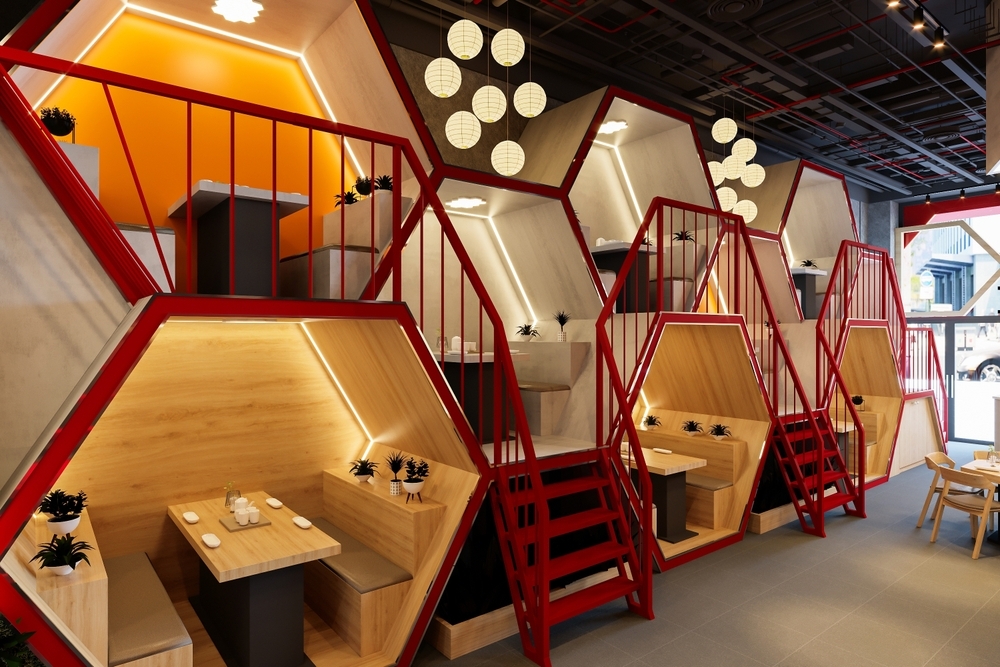 themed japan cafe
themed japan cafe
Stepping into a themed cafe in Japan is like stepping into a new world.
These unique establishments cater to a variety of interests and age groups, reflecting the diverse lifestyle and culture of modern-day Japanese society.
From the chic maid cafe to the ninja café upstairs in a fishing restaurant, there’s a themed café for every niche.
Animal cafes, for example, offer unique interactions with cats and dogs. Venues like Temari no Ouchi and Mameshiba Cafe allow you to enjoy a simple beverage experience while making fluffy new friends.
But it’s not just about the animals. Pop culture influences many cafes, with favorite characters and themes from anime, video games, and literature creating an inviting atmosphere.
Popular themed cafes⛩️ offer experiences that evoke specific environments or lifestyles – think an elementary school setting or a train enthusiast paradise.
Each themed cafe is a unique world waiting to be explored, and themed cafés continue to gain popularity among customers seeking unique experiences.
Lodging
Like Europe, Japan has a thriving hostel culture. For solo travelers and small groups of friends, hostels are the way to go. Not only are they often the cheapest option, but if the other guests are willing to look up from their phones, you get to meet a lot of new people.
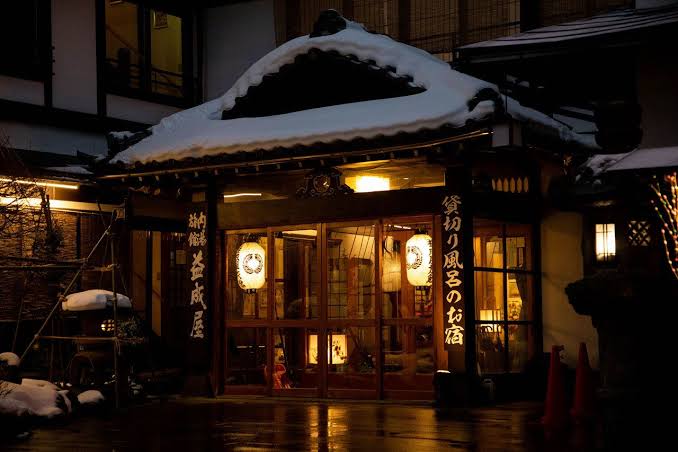
Capsule hotels
Capsule hotels are the ideal choice for solo travelers without too many suitcases. That’s the ideal option for about a-2-night stay in Tokyo. If you are looking for capsule hotel in Tokyo for couples, you should bear in mind that this type of hotel offers separate sections for men and women.
Capsule hotels provide their guests with private, enclosed beds and basic amenities for less money than regular or business hotels. They usually charge between 3000 and 5000 yen per night
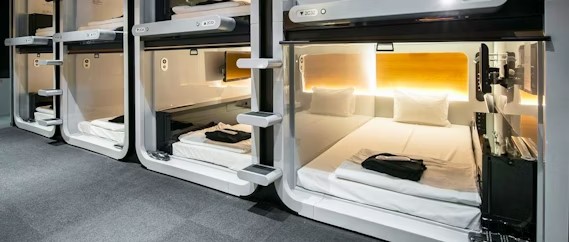
Business Hotels
Business hotels and hostels are the best options for single travelers looking for economical and no-frills accommodation, short of staying in a capsule hotel. These lodgings are readily found in most cities across Japan and offer basic sleeping furnishings.
Budget travelers can expect to spend around ¥3,000 to ¥7,000 per night for accommodation in Japan.
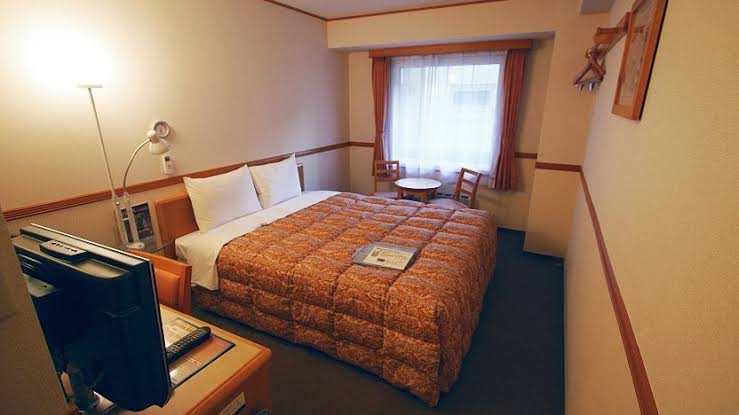
Ryokan
Ryokan let staying guests experience traditional culture and hospitality, as well as local cuisine and hot springs. Ryokan have traditionally not been catering to single travelers, and many still adhere to this tradition. However, things are changing, and the number of ryokan that offer plans for single travelers has increased a lot over recent years.
As a general rule, ryokans tend to be smaller than hotels. On the whole, ryokans charge a per-person rate and you can expect to pay on average between 15,000 and 50,000 Japanese Yen per night, with the most luxurious ryokans charging up to 80,000 per person. Tipping, however, is neither expected nor common
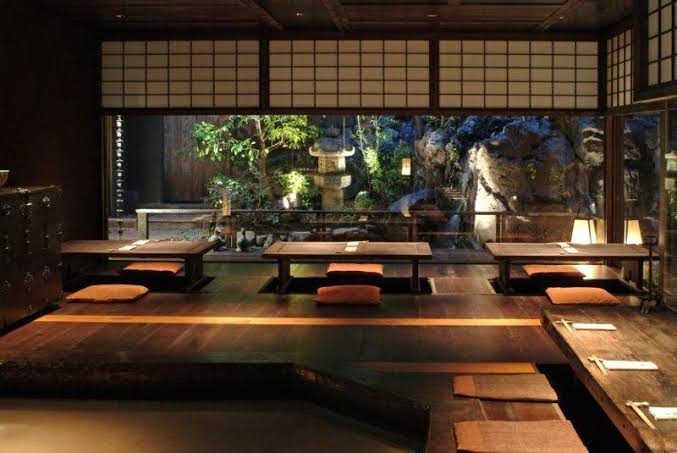
Airbnb apartments
An Airbnb apartment refers to a rental property listed on the Airbnb platform, where individuals can book accommodations for short-term stays. These apartments can range from private studios to entire multi-bedroom units, and they are often hosted by property owners or managers.
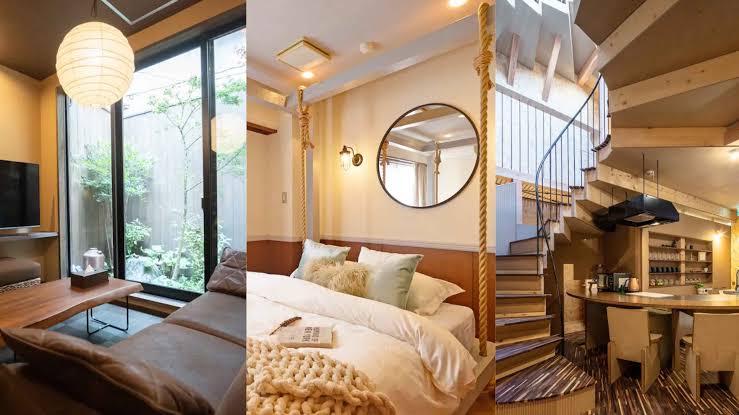
The price of an Airbnb rental in Chennai, India can start at ₹844 per night before taxes and fees. Airbnb can be cheaper than hotels, especially for longer stays or large groups, but they may not offer the same service
Manga Café
For a quirky night’s stay, consider reserving a stall at a manga café. These 24-hour establishments are essentially libraries of manga (Japanese comics/graphic novels) and DVDs. There aren’t any beds, but if you’re in a pinch, you can reserve a small stall for ¥1,600 to ¥3,000 ($14.56 to $27.29) per night.
Safety Tips for Solo Travelers
- Arrive during the day. It can take some time to get your bearings in a new place. Arrive during the day to find your accommodation easier. Pay attention to landmarks and street names that will help you get around during your stay.
- Meet other travelers. Traveling alone doesn’t mean you have to be lonely. Websites like Couchsurfing and Meetup regularly organize events for travelers and locals to get together. This could mean taking a class, joining a walking tour, or doing a language exchange.
- Protect your phone. Your phone is your best friend, your savior, and your lifeline to the world when traveling on your own. Invest in a life-proof case, download a Find My Phone app, and purchase a mobile protection plan that covers you if you lose or break your phone abroad.
- Keep track of your belongings. Secure your backpack or suitcase with a travel lock. Make sure you always have your identification and valuables on hand and close to your body. Wearing a money belt is the classic way to prevent pickpockets, or you could invest in a theft-proof bag. Sticking a Tile on your essentials is a good backup plan in case of theft or loss.
- Get a credit card. Unexpected expenses are an inevitability. If you find yourself needing medical attention, making an unexpected detour, replacing your cell phone, or making any number of other emergency purchases, having a credit card will help you cover the cost upfront.
- Stay sober. Or drink responsibly. Becoming too intoxicated makes you vulnerable to scammers and criminals waiting to take advantage of tourists. It can also make it harder to find your way home.
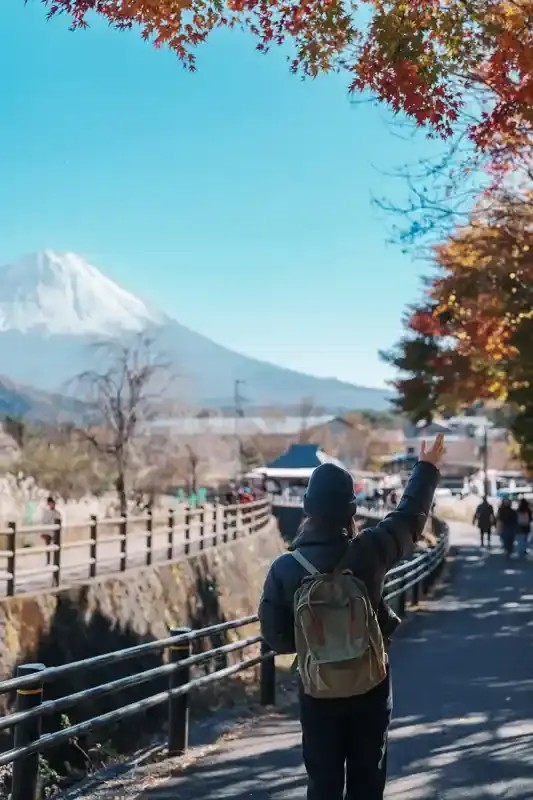
Conclusion
In conclusion, there are several effective ways for solo travelers to stay in Japan, each offering unique experiences depending on your goals, budget, and interests. Options like tourist visas, working holiday visas, teaching English, or enrolling in short-term study programs provide flexibility for different lengths of stay. For longer stays, working in Japan through employment or joining the Japan Exchange and Teaching (JET) Program are popular routes. Additionally, taking advantage of cultural exchange programs, volunteering, or finding opportunities through a digital nomad lifestyle can also be viable alternatives. Regardless of the route, staying connected to local communities, respecting cultural norms, and planning ahead are key to having a fulfilling and smooth experience in Japan.
Table of Contents
Follow us on:
Instagram https://www.instagram.com/abkomrjapaneselanguageschool
Facebook https://www.facebook.com/ABKAots.Thiruvanmiyur
Linkedin https://in.linkedin.com/company/abk-aots-dosokai-omr-japanese-languageschool
Youtube https://youtube.com/@abkomrjapaneselanguageschool?si=MdM9sTED16WndXS0
Check out the previous blogs in this Series
https://abkaots-th.com/unique-importance-of-japanese-language-part-1/
https://abkaots-th.com/top-5-famous-japanese-words
https://abkaots-th.com/how-safety-is-japan-part-1/
https://abkaots-th.com/top-5-important-universities-for-ug-and-pg-courses/
https://abkaots-th.com/advantages-of-other-country-low-birth-rate-in-japan/
https://abkaots-th.com/famous-japanese-food-across-the-world-part-1/
https://abkaots-th.com/unique-favorite-japanese-brands-part-1/

